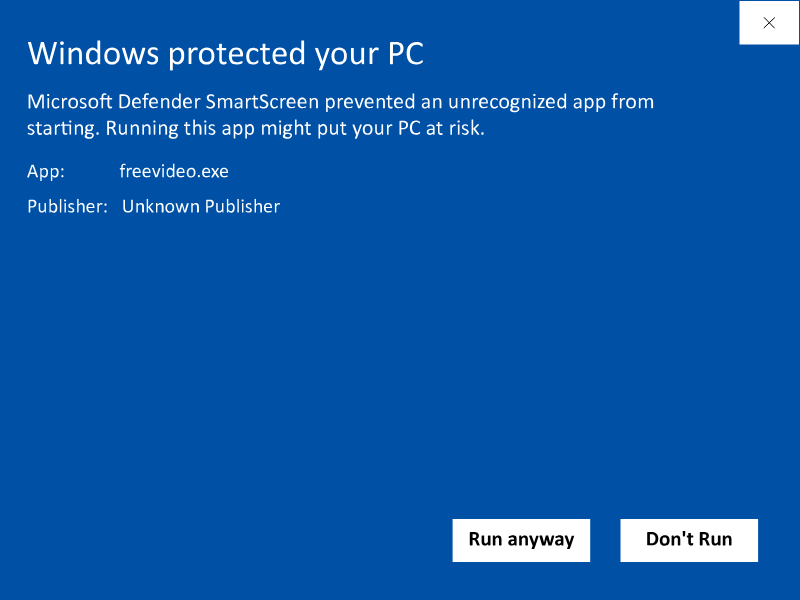erek
[H]F Junkie
- Joined
- Dec 19, 2005
- Messages
- 10,875
Breached
“According to Alex Matrosov, the CEO of BINARLY, the leak is confirmed to include Intel's private keys for OEM devices. Furthermore, the BootGuard may not be as effective on devices based on 11th-Gen Tiger Lake, 12th-Gen Alder Lake, and 13th-Gen Raptor Lake platforms. The leak also affects all OEM signing-based mechanisms within CSME (Converged Security and Management Engine) as stated by Alex. Intel and its partners who are affected by this leak have to to comment on how they plan on tackling this major security flaw that's occured through this breach.”

Source: https://wccftech.com/msi-breach-lea...s-security-of-over-200-devices-major-vendors/
“According to Alex Matrosov, the CEO of BINARLY, the leak is confirmed to include Intel's private keys for OEM devices. Furthermore, the BootGuard may not be as effective on devices based on 11th-Gen Tiger Lake, 12th-Gen Alder Lake, and 13th-Gen Raptor Lake platforms. The leak also affects all OEM signing-based mechanisms within CSME (Converged Security and Management Engine) as stated by Alex. Intel and its partners who are affected by this leak have to to comment on how they plan on tackling this major security flaw that's occured through this breach.”

Source: https://wccftech.com/msi-breach-lea...s-security-of-over-200-devices-major-vendors/
![[H]ard|Forum](/styles/hardforum/xenforo/logo_dark.png)
